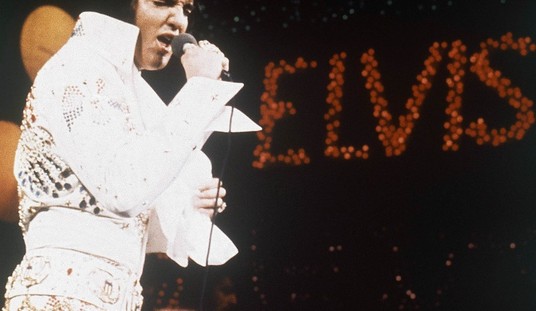This is the second trip to Asia for the president in less than a year and represents an unmistakable sign that the US is committed to raising the profile of emerging economies in the east while competing with China for influence in the region.
President Obama landed in Thailand early this morning.
Obama’s itinerary will include a landmark visit to once-isolated Myanmar and an East Asia summit in Cambodia as he seeks to recalibrate U.S. economic and security commitments to counter China’s influence at a time when America is disentangling itself from wars in Iraq and Afghanistan.
But his attention will be divided during his travels as he faces a simmering crisis in the Gaza Strip pitting Israel against Hamas militants, plus economic problems at home.
[…]
Security had been tight at Bangkok’s old Don Muang airport for Obama’s arrival but was far less visible in the historic center of the city at the temple, although roads around the building were closed and tourists were not allowed in.
From there, Obama left for an audience with King Bhumibol Adulyadej, 84, the world’s longest-reigning monarch, who has been in hospital recovering from an illness since September 2009.
The king’s softly spoken words made Obama smile at one point. “Elections in the United States are very long but it’s very gratifying to know people still have confidence in me,” the president responded.
“I thought it was very important that my first trip after the elections was to Thailand, which is such a great ally,” he added.
Obama’s convoy then drove to Government House, where he inspected troops as night fell. He was due to hold talks with Prime Minister Yingluck Shinawatra there and give a joint news conference with her.
The U.S. administration regards Thailand as a key ally for advancing an “Asia pivot” that Obama announced last year with an eye to an increasingly assertive China. Obama, who was born in Hawaii and spent part of his youth in Indonesia, has called himself America’s first “Pacific president”.
His choice of Southeast Asia for his first foreign trip since winning re-election on November 6 is meant to show he intends to make good on his pledge to boost ties with one of the world’s fastest-growing regions, a strategy his aides see as crucial to his presidential legacy.
The US has more to offer the countries of Asia than China as far as defense and freer markets. That may change as China becomes more assertive in its foreign policy and less economically restrictive at home.
But overall, it’s the right call. Southeast Asia is booming and a proactive policy to nurture these economies as well as giving an assist to political change as we have done in Myanmar is the smart play. If Romney had been elected, it is likely he would have continued this policy, while perhaps taking a harder line with China on trade and currency issues. But the die is cast and US policy from now on will recognize the revolutionary changes happening in the Pacific and tailor our foreign policy by placing more emphasis on their development.









Join the conversation as a VIP Member